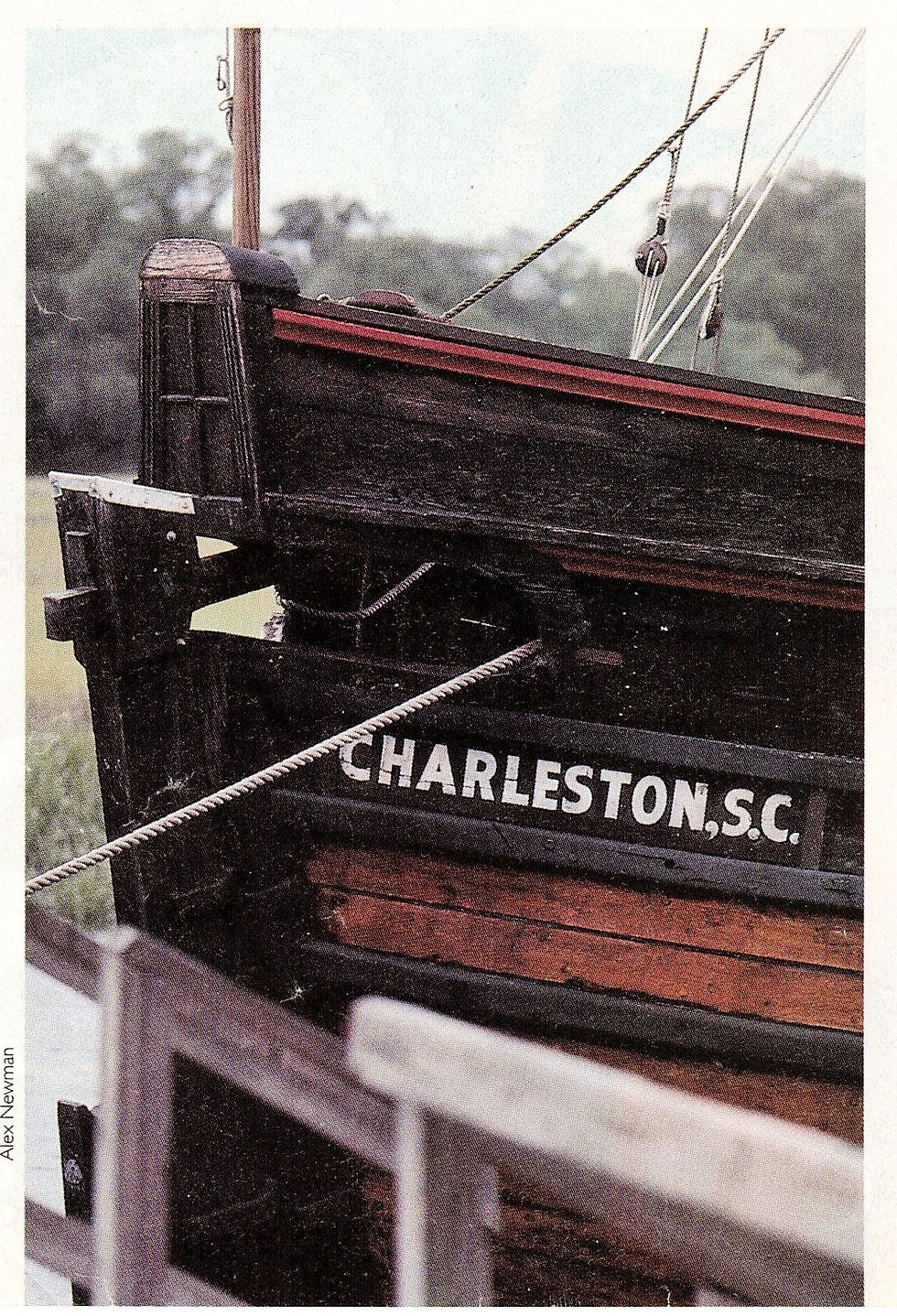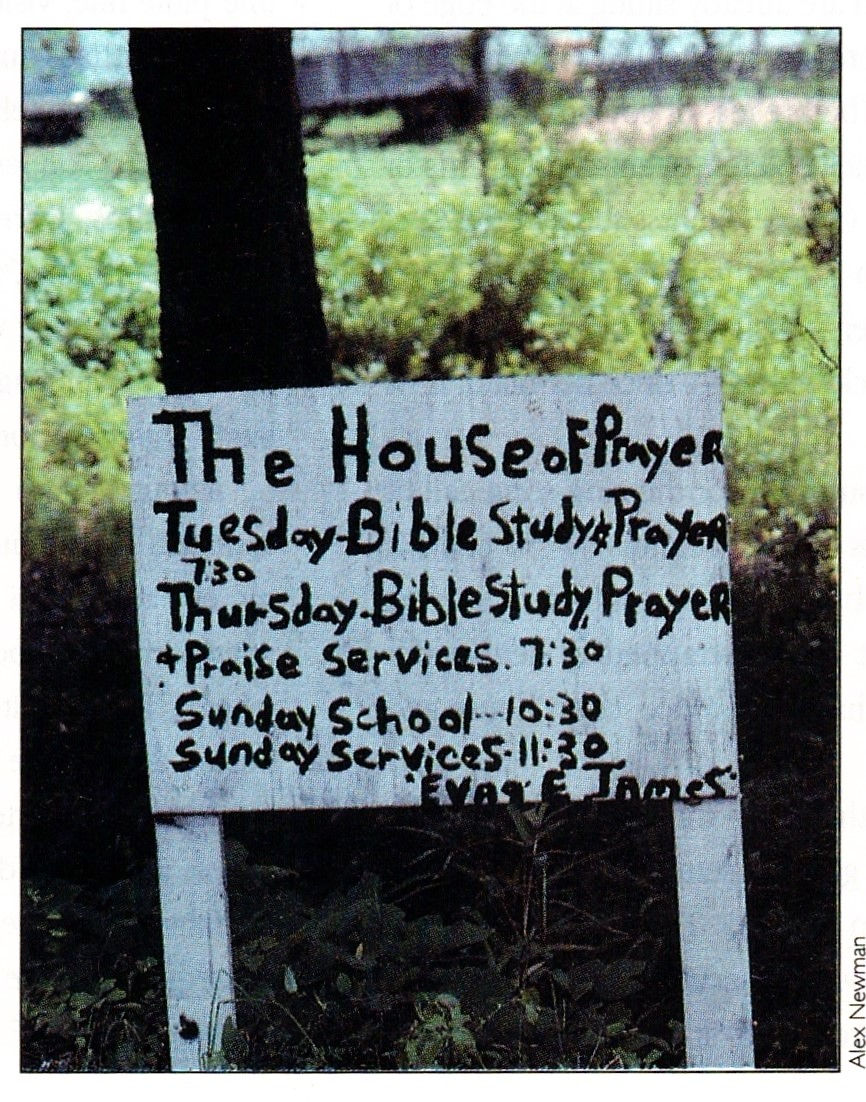Southern Spell
- Aug 6, 2019
- 3 min read
Updated: Nov 9, 2020

Each spring I am drawn back to Charleston, South Carolina, my home for five blissful years in the early 1980s. I’ve watched with sadness as marketers, with their brittle clichés, extol the city’s beauty and history, forgetting that women and men have shaped these things.
Charleston is more about family than battles, more about language than old houses; any native will tell you four generations a real Charlestonian makes – and they’ll tell you readily enough. Southerners are talkers by nature, and Charlestonians are no exception.
In my meanderings I have had all manner of unusual invitations, from a trip on a deep-sea fishing boat to lunch at Jimmy Dengate’s, the world’s only diner that requires a key. Combining grease with elitism, Dengate’s has drawn many of its old boys from the famous Citadel military Academy.
If you ask, shopkeepers will happily reveal their favourite spots. Katherine Coleman, the charming proprietor of Century House antiques on Church St., likes places that haven’t been “gussied up,” such as Wadmalaw Island and Station 22 on Sullivan’s Island. She also recommends an informal walking tour: “You always see some little place pop up that you haven’t noticed before.”
If you are a walker, early morning and late afternoon are best for soaking up atmosphere or meeting Charlestonians. By 7 a.m. fishermen are already sitting at the edge of Colonial Lake waiting patiently for croaker to bite. If it’s raining lightly, take a soothing afternoon stroll (before tea, of course) to the Unitarian and Lutheran churches and their solemn silent churchyards or down Tradd Street near the battery (where the first shots of the Civil War were heard.) Behind the high-walled gardens and cool brick facades, chances are the homeowner – usually an old white widow – is playing bridge with an old black widow, once her maid, now her friend and housemate.
At any time of the day, you’re sure to hear the sing-song call of the man who sells boiled peanuts (“Bold peanuts – 50 cents a bag!”) which may sound repulsive but area really not bad, or see the flower ladies hawking their bright posies wrapped in newspaper near the Four Corners of Law (city hall, post office, court house and St Michael’s Church).
Charleston is proudly called the Holy City, not out of arrogance, but because historically, it granted status to any congregation that could claim at least seven families. This made it a haven for European refugees from religious persecution in the 17th and 18th centuries. Every creed is represented in the many places of worship, including the only French Huguenot church in North America still using the litany and a synagogue on Hasell St that is the country’s finest example of Greek Revival construction.
A short drive to James or Johns Island provides a taste of the pagan in window frames splashed with aqua blue paint (to keep out evil spirits) and root doctors, whose coma-inducing hexes are taken very seriously. I’ve heard that medics at County Hospital have even called these root doctors in to treat coma patients with a sort of contra hex.

If communing with spirits interests you, Magnolia Cemetery is a rambling place at the north end of town, where lichen-covered gravestones dating back to the 1700s bear witness to typhoid, fire and earthquake.
The grave of the Unknown Soldier is guarded by a sleeping stone angel amidst the broad angel oaks that dangle Spanish moss like fingers into the still waters of the river. Rows of Confederate graves stand as testament to the years between 1861 and 1865, locally referred to as the War for Southern Independence, The Late Unpleasantness, or the War of Northern Aggression.

When city life begins to pall, the Low Country with its swamps and creeks, and the wide white beaches of the islands beckon. In summer, crabbing can be done from any dock. The method may sound primitive to the uninitiated but is relatively foolproof. Just dangle a chicken neck (available at any grocery store) on a string in the water. When you feel the unmistakable tug of a nibbling crab, refrain from victory cries, for crabs spook easily. Don’t be surprised if strangers wander over to advise how to hold the string (patiently) or hoist the crab (“slow, ma’am, very slow.”)
You may want to escape to the Hampton Plantation, north along Highway 17. Hampton offers little in the way of richly appointed rooms, but the aura of plantation life is pervasive in the haunting isolation and immense angel oaks.
But if you get lonely in the vast, breathtaking landscape, there are plenty of country folk, the trace of “Gullah” patois heavy in their diction and vocabulary, who will happily “crack their teeth” (open their mouths to speak) and pass along a “wud” (word) or two.
Alex Newman has just completed her annual sojourn in the South.
This article appeared in the summer 1992 issue of Canadian airlines in-flight magazine.





















Comments